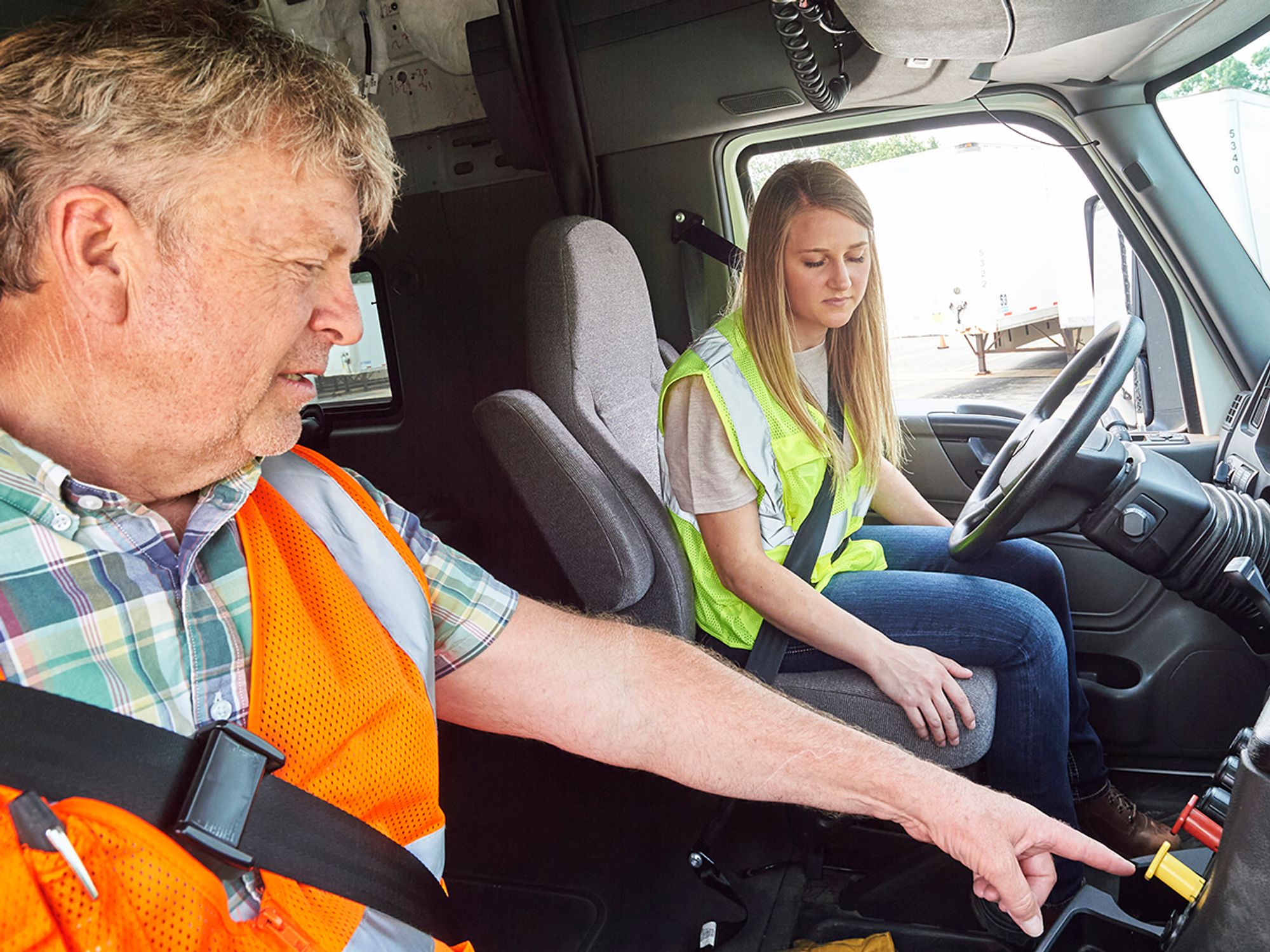Entry-level driver training (ELDT)

- The entry-level driver training (ELDT) requirements apply to an individual:
- Applying for an initial Class A or Class B CDL;
- Upgrading from a Class B CDL to a Class A CDL; or
- Applying for an initial passenger, school bus, or hazardous materials endorsement.
- Individuals must complete a course of theory and behind-the-wheel training offered by a school or entity listed on the Training Provider Registry (TPR) administered by the Federal Motor Carrier Safety Administration (FMCSA).
- To be listed on the TPR, an entity must meet specific requirements related to everything from curriculum to facilities.
Before a driver may apply for an initial Class A or Class B commercial driver’s license (CDL), upgrade from a Class B CDL to a Class A CDL, or seek an initial endorsement for hazardous materials, passengers, or school buses, the driver must complete entry-level driver training (ELDT). The training must be provided by an entity listed on the Federal Motor Carrier Safety Administration’s (FMCSA’s) Training Provider Registry (TPR) and must include both classroom and behind-the-wheel components (classroom only for the hazardous materials endorsement). This training must be successfully completed prior to the individual taking the skills or knowledge test for the CDL or endorsement.
ELDT does NOT apply to:
- Drivers who are exempt from needing a CDL or who are eligible for a restricted CDL under 383.3.
- Veterans with military driving experience who qualify for the skills- and knowledge-test exemptions described in 383.77.
- Drivers who need to pass a modified skills test to remove an air-brake-restriction or manual-transmission restriction from their CDL.
Complete details for ELDT rules are found in Part 380, Subparts F and G (starting at 380.600).
